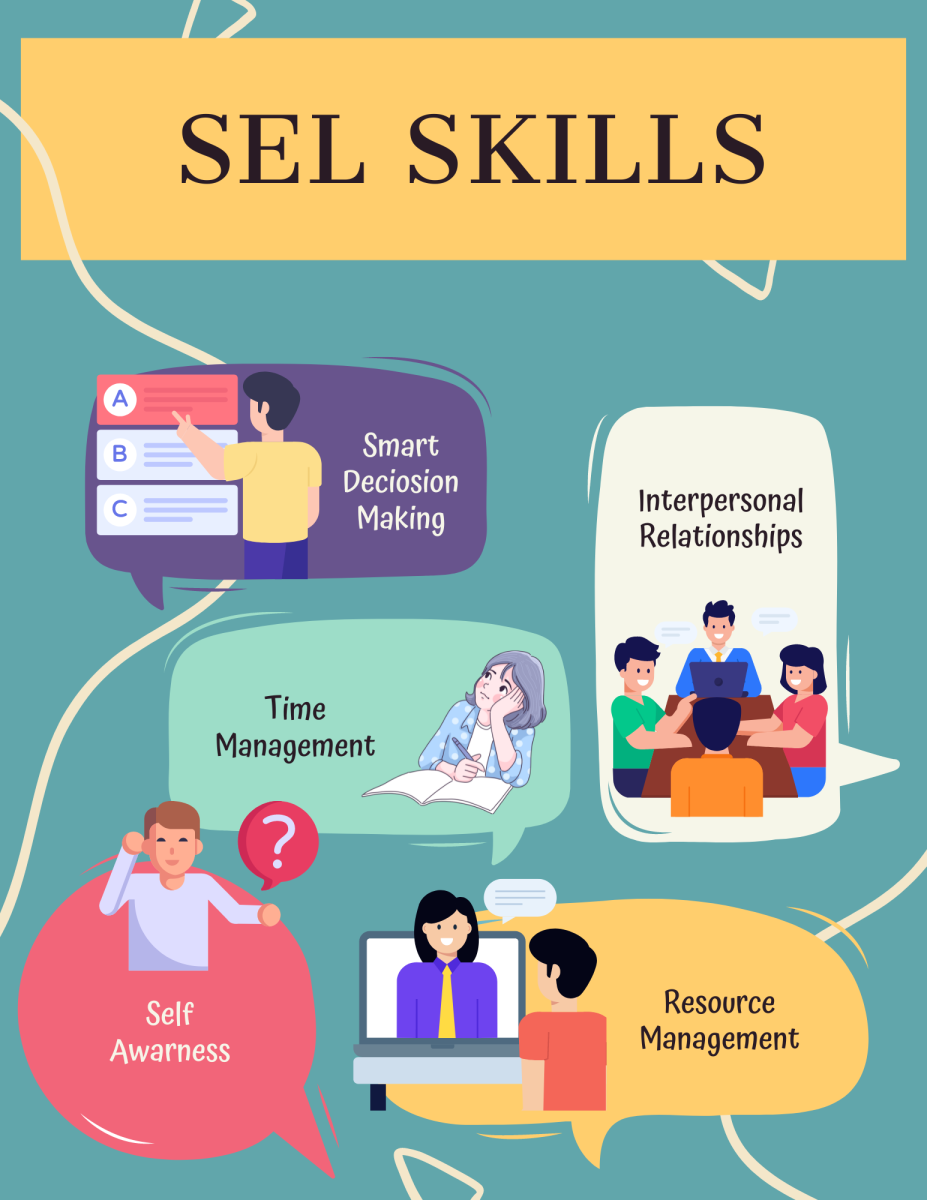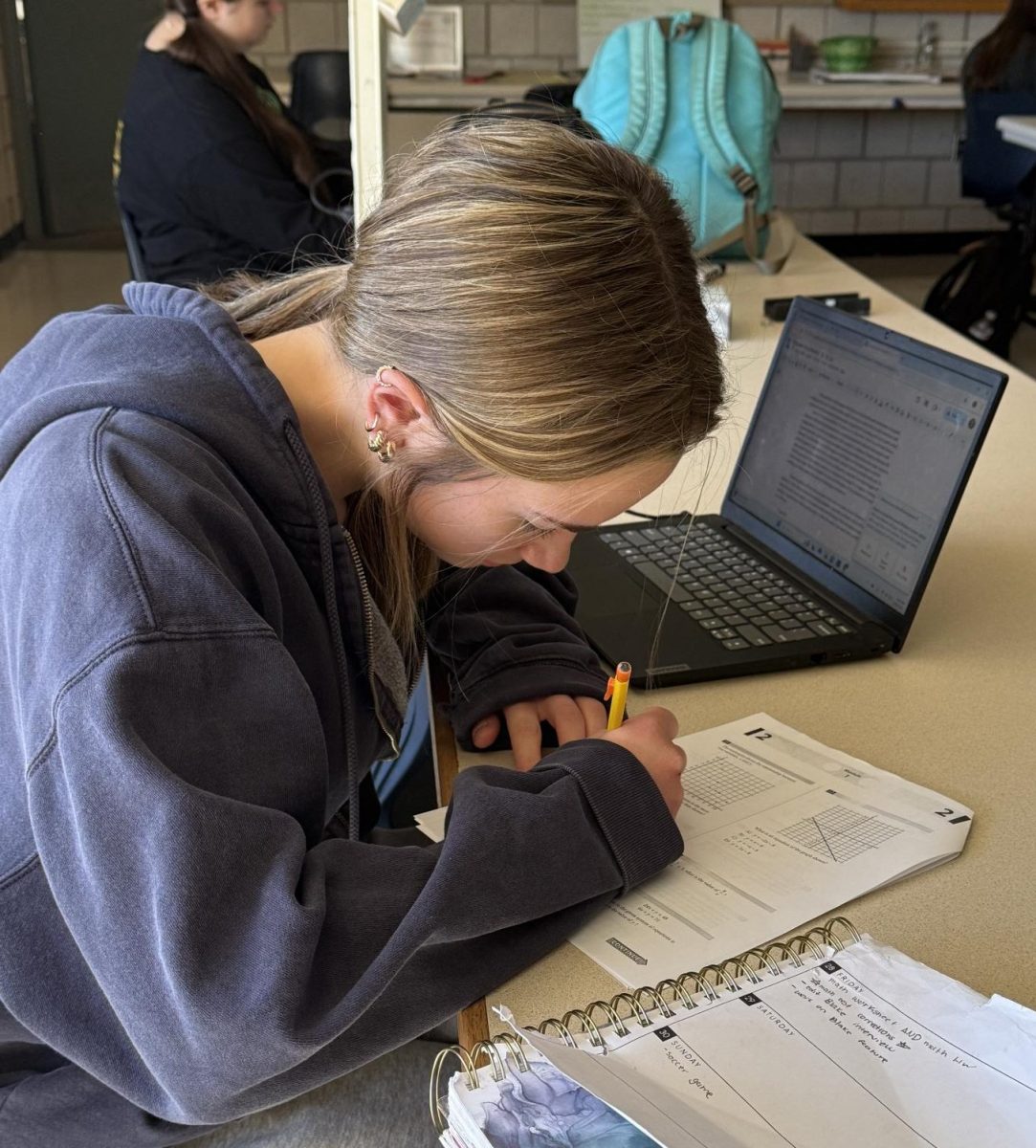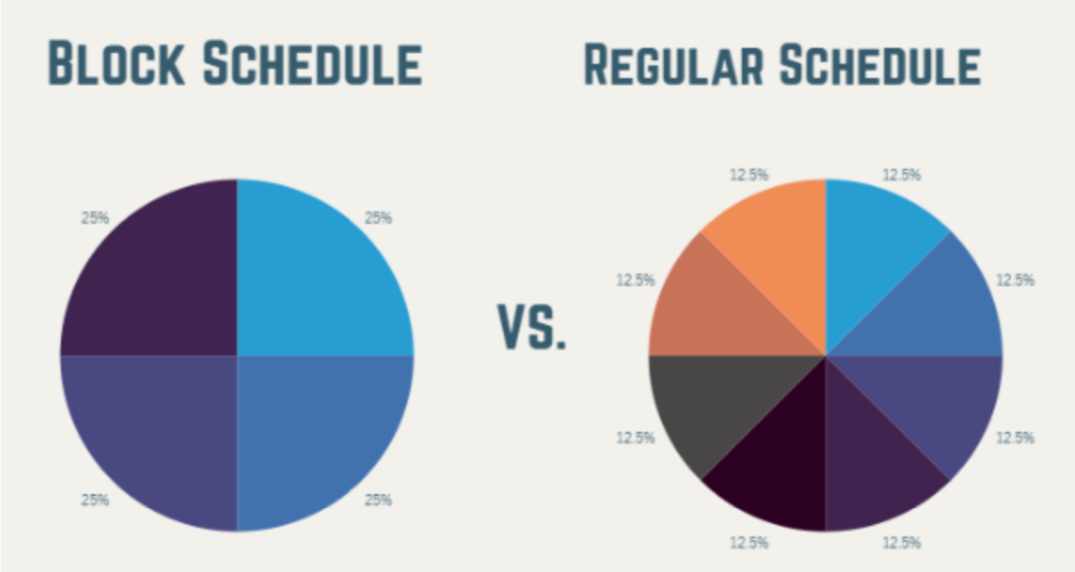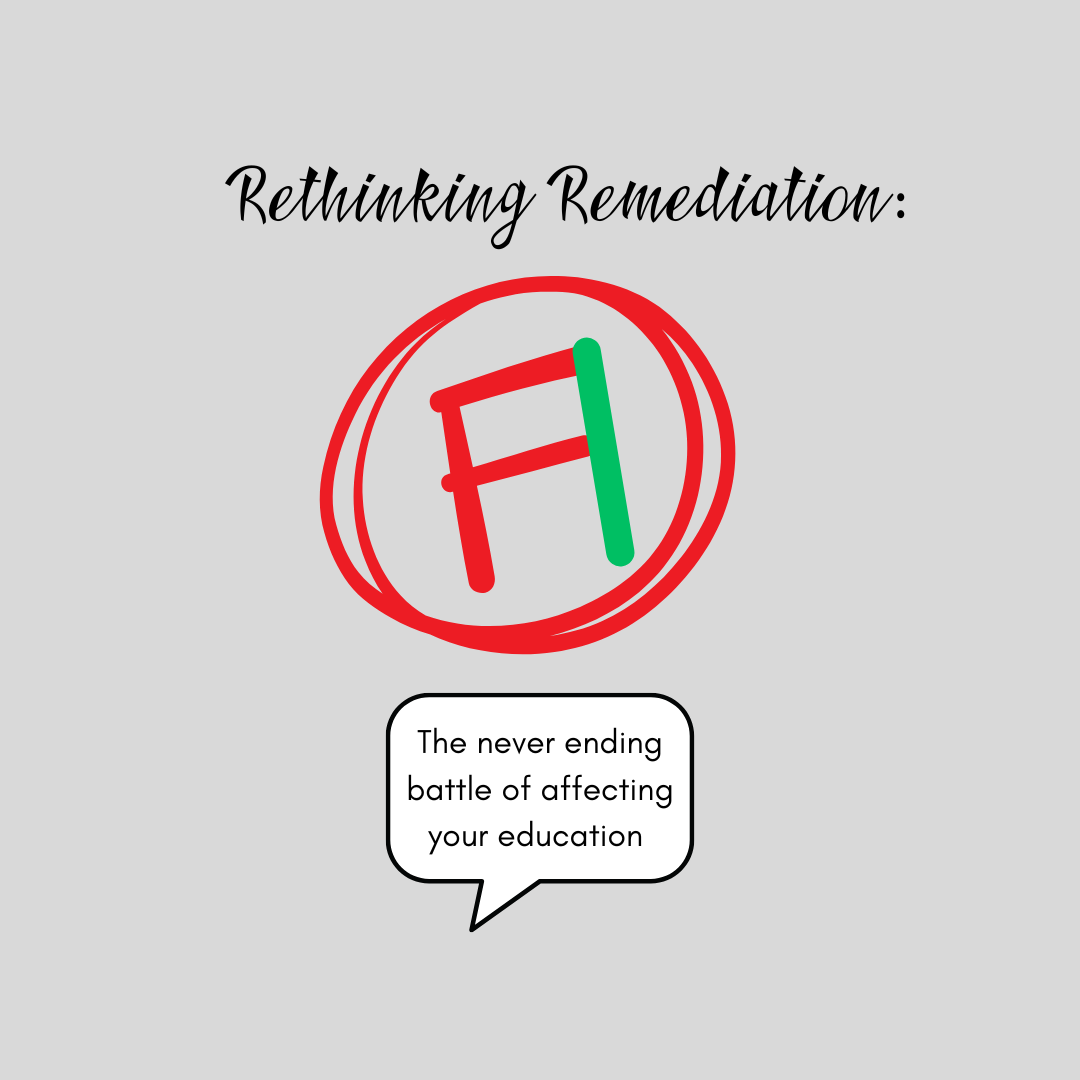If you’ve gone to school or your child has gone to school in the past couple years, chances are the words social emotional learning has been heard.
Social emotional learning is defined by National University, as “the process through which individuals learn and apply a set of social, emotional, and related skills, attitudes, behaviors, and values that help direct students. This includes thoughts, feelings, and actions in ways that enable them to succeed in school.”
SEL has been designed to help students during their time in school and also in their future workplaces and lives. Right now, it has never been more important for SEL to be a part of schools.
Recently, Rep. Sellers, the primary sponsor of the bill, introduced HB 1473, a bill that would ban SEL in public schools, to the House Education Committee. After facing backlash from many parents and students, including a six-year-old, the bill has not been passed.
In schools that are very different from 10-15 years ago, banning SEL skills is taking away tools that have been proven to help students. We know these have helped students in the past couple years, so what has changed now?
After the COVID-19 pandemic, students’ mental health has spiraled down and there are many times where SEL skills benefit students in hard situations. Things like, communication, decision-making, relationship skills, academic-achievements, and positive-behaviors, are some of the conveniences that come along with SEL.
Students should be able to learn how to use these skills.
You can’t go a day in your life without making a decision. This is not about whether you should go to one restaurant or another, this is about life-changing decisions that could come up during a teens high-school years. Relationship skills are another needed skill as students need to recognize who is a good or bad friend and if their relationship is toxic or abusive.
Some may say that parents should be able to teach these things to their children instead of their kids learning about it in school. Yes, parents should be actively teaching their kids these things outside of school. However, sometimes these things are not talked about at home and it leaves it to the school to teach these life lessons.
Prohibiting these skills to be taught in school would leave some students unable to know what to do in some situations. Then, these things could weigh students down and generally affect their time in and outside of school.
“School is not a mental health clinic. The school needs to get back to the ABCs, one two three. The schools need to get back to six years or seventy years ago they had before they took out the Bible or some type of structure,” Seller’s said.
It is arguable that school should focus on reading, writing, and math and not SEL skills. But, if school is all about preparing students for learning things that students can eventually apply to their future, shouldn’t these skills like decision making and communication skills be taught alongside math and reading? SEL can provide structure for while kids while are still letting them learnlearning in their core classes. Even now that COVID rules in school are over, some kids still need a helping hand, and that helping hand can be SEL skills.
“Teachers won’t be needed for academics anymore. There’ll be more focus on the social emotional part,” Rep. Sellers said.
A balance between SEL skills and regular learning subjects can happen and has, in some ways, already been established. Just because school is teaching kids life lessons that are not math or reading, doesn’t mean the focus is off the core subjects.
Another thing that SEL can do is connect students and teachers. Bettering the student and teacher connection is something that is very important today. Many students feel that when they are more connected with a teacher, they learn better or they are someone they can tell what is really going on. A teacher should be allowed to help or connect a student with someone to help if their A+ student has now turned into a D student.
Teachers should be able to ask a student if they are okay if they are visibly crying or they can tell that something is bothering the student. Sure, a counselor is sometimes a better option in some situations, but that can be the next step. Teachers should be allowed to find the root of the problem and guide the student through it, which can be done by using SEL skills.
If SEL skills have been viewed as helpful in classrooms across NH, this should not be the time to take them away. We should not be taking away tools that have been helpful for kids.
Even though some people might not like SEL skills, you can’t necessarily get rid of them. You can ban SEL skills but their presence in schools and classrooms will never be gone.










